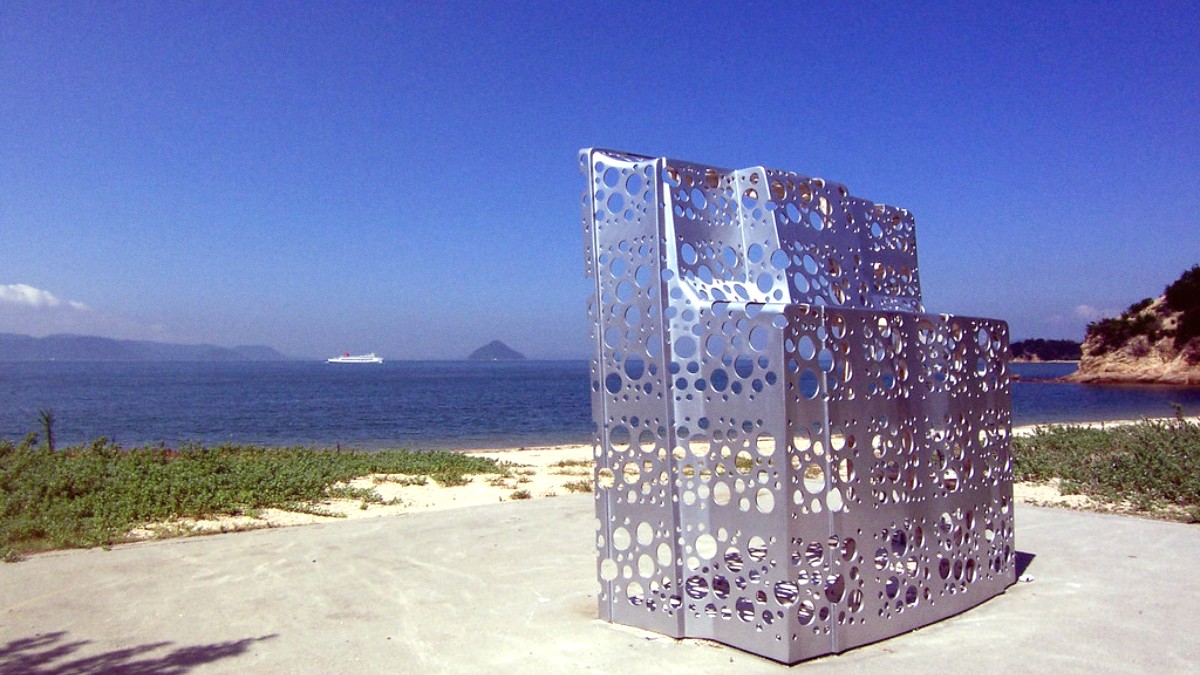
Japan
The Seto Inland Sea features ongoing conservation efforts. Art integration into the landscape reflects a desire to coexist with nature.
Support accommodations and businesses that prioritize sustainability.
Cultural preservation is evident in the Art House Project, which integrates traditional homes with contemporary art.
Your choices can positively impact the local community.
Engage with Naoshima's art and community with an open mind and a respectful attitude. This fosters a positive experience for both you and the island's residents.
Your travel choices contribute to Naoshima's sustainability and community welfare.
The Seto Inland Sea features ongoing conservation efforts. Art integration into the landscape promotes coexistence with nature.
The Art House Project is a prime example of cultural preservation through art, maintaining the island's heritage.
Supporting local businesses and accommodations contributes directly to the island's small businesses and residents.
Japan follows strict recycling rules.
Respectful interactions and adherence to local customs create a welcoming atmosphere.
Be mindful of photography rules, especially at art sites, and always respect personal privacy.
When visiting shrines or temples, observe these common courtesies.
Japan is generally a safe and welcoming country for all travelers.
For accessible travel in Japan, consider referring to the Japan Accessible Tourism Center (JATC). For Naoshima, contacting individual art sites and accommodations directly beforehand provides current information regarding accessibility features.